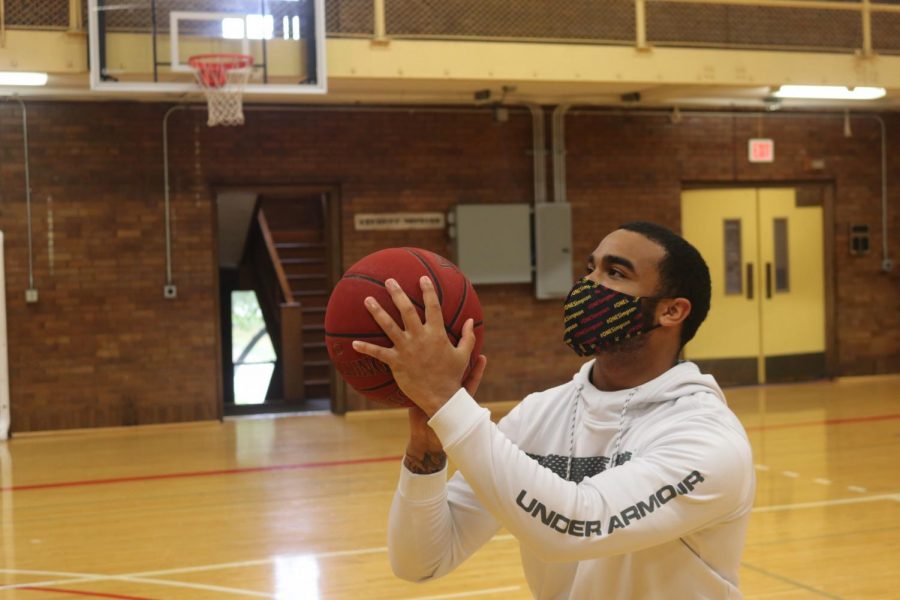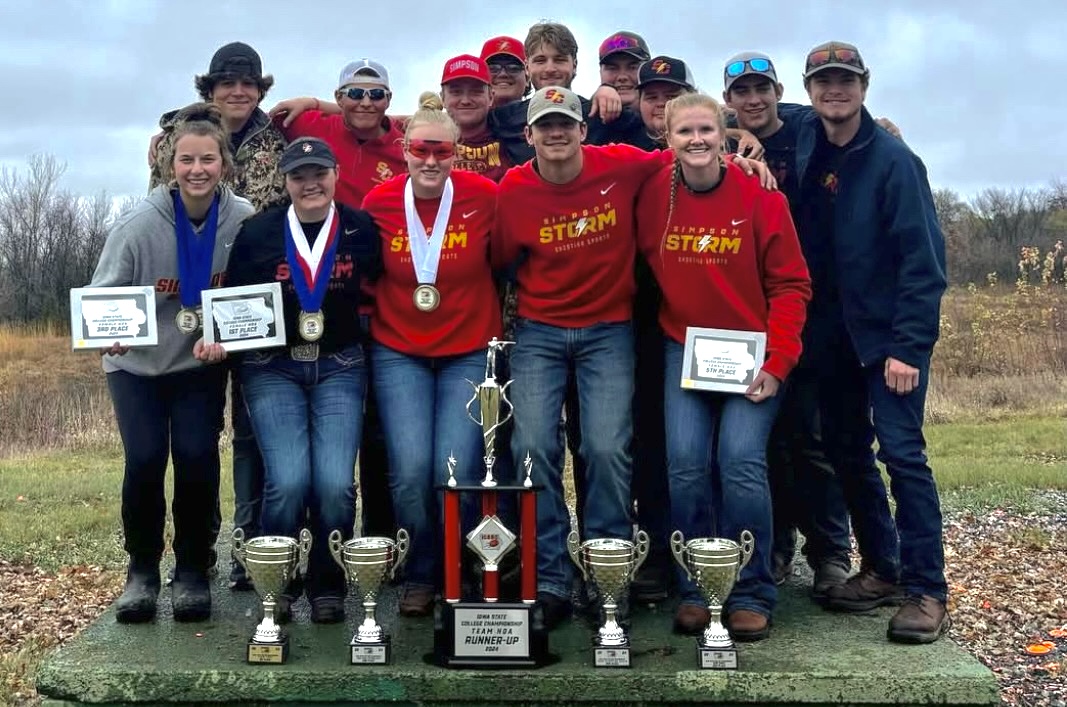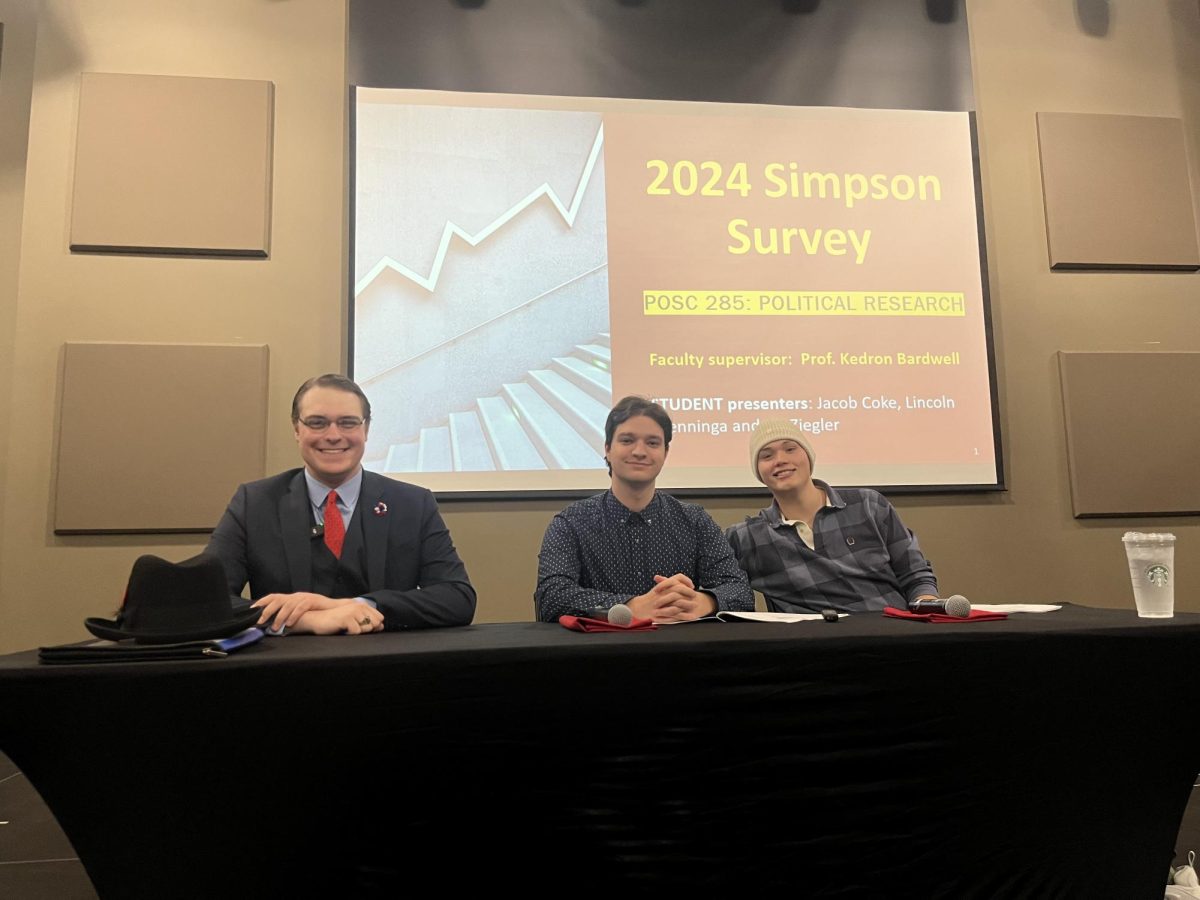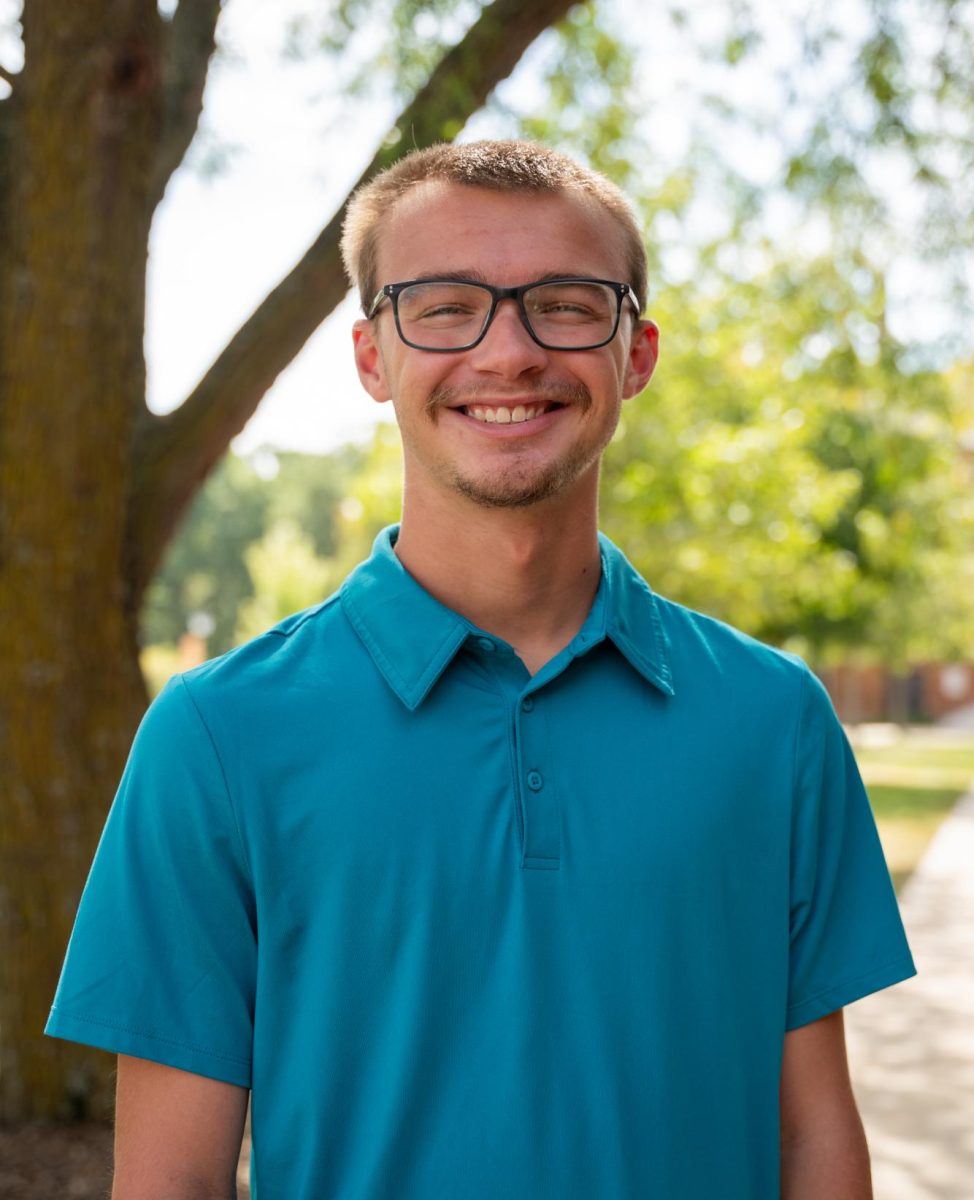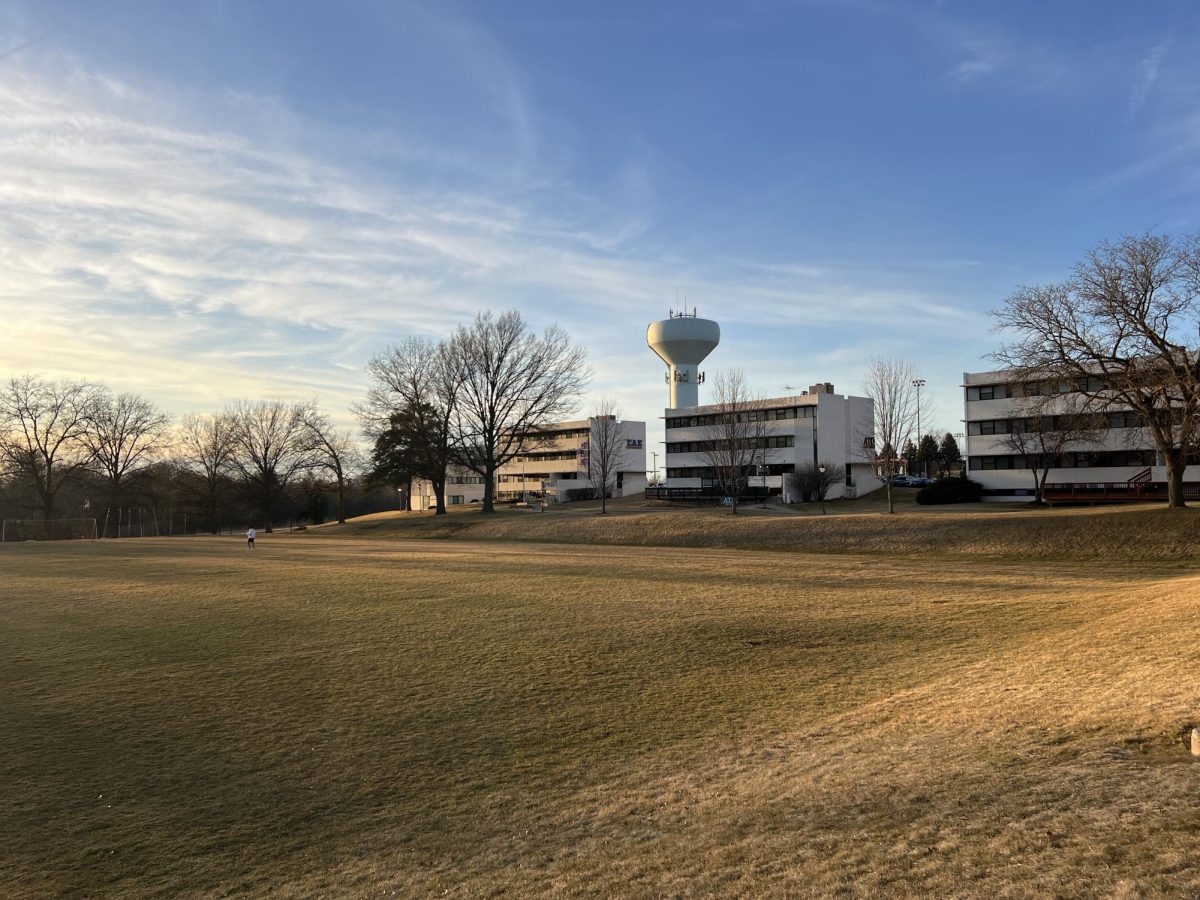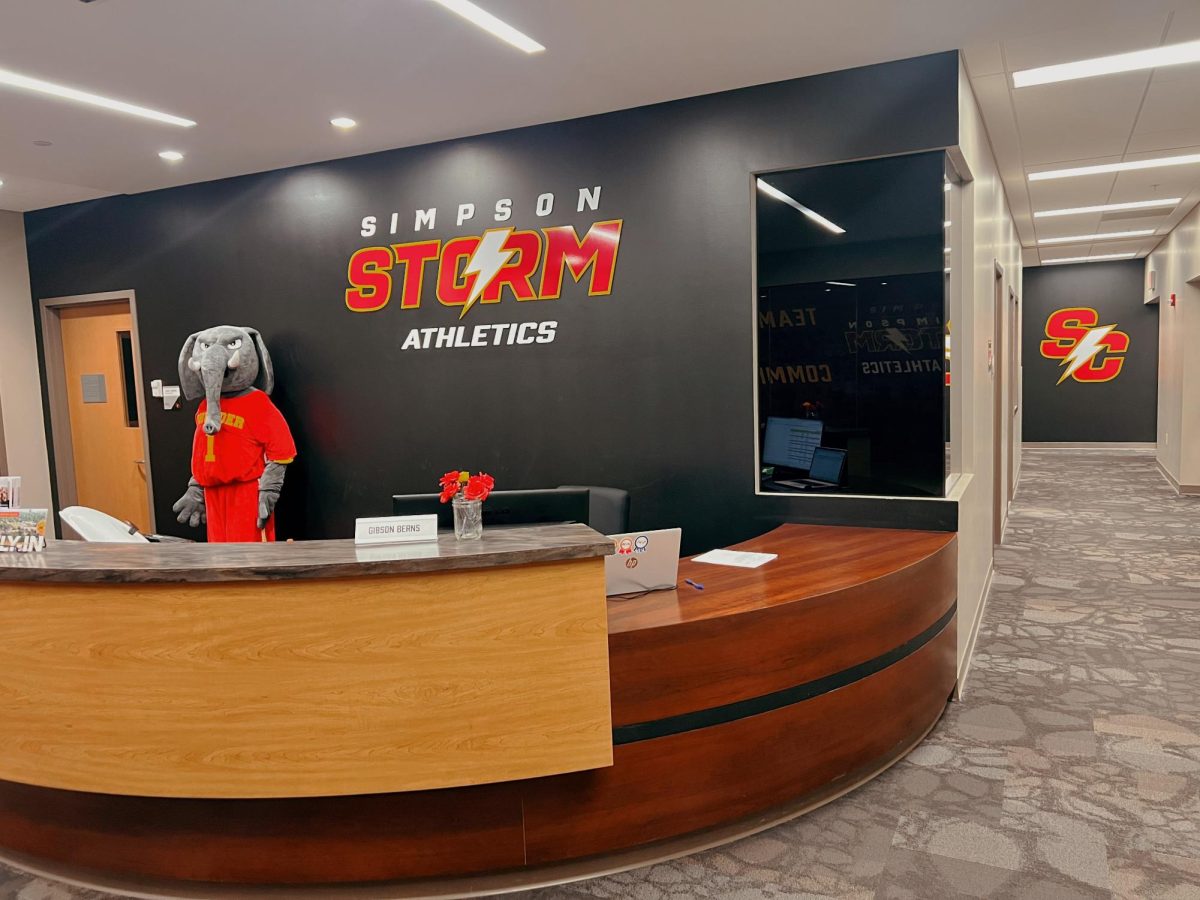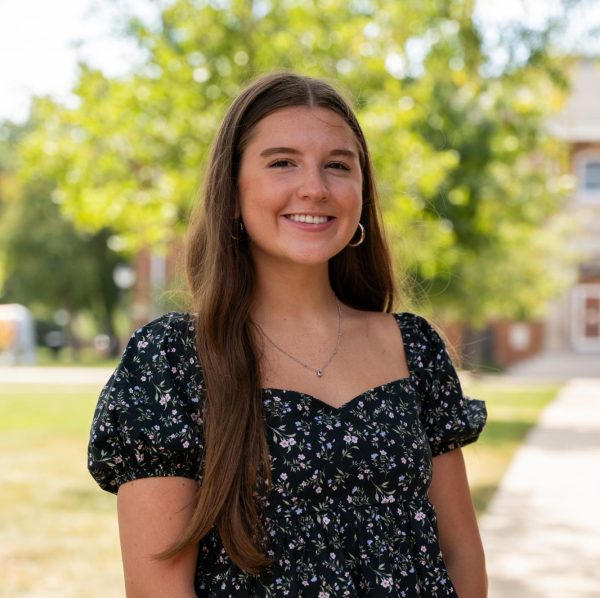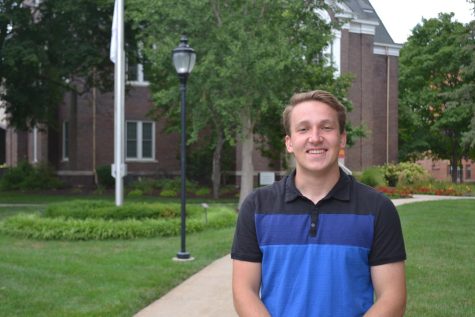As the world moves further into the post-pandemic era, colleges across the country are adjusting to redirect back to the pre-COVID policies—Simpson College is no exception. One major shift affecting student-athletes is the end of the NCAA’s pandemic-era fifth-year eligibility. The fifth-year eligibility was originally granted to compensate for lost seasons during the COVID-19 shutdowns, allowing athletes to compete an extra year. Both athletes and athletic programs are experiencing a significant transition as the pandemic comes to an end.
For many student-athletes and coaches, this change brings challenges and adjustments. Simpson women’s soccer head coach Jeremy Reinert acknowledges the impact on team dynamics and long-term planning.
“I think there will be a lot of ripple effects across the country, in the division three soccer world,” Reinert said. “I think we are all going to feel younger; we’re all gonna feel a bit more inexperienced, and so collectively, in some of those situations, that experience really helps. Allowing goals is one; if you are more experienced, more organized, you’ve had more time to gel and you give up fewer goals, so I think there may be more goals that get scored.”
For current fifth-year athletes like Hailey Kowzan, who took advantage of the fifth-year eligibility, the shift marks the end of an unusual but rewarding chapter in college athletics. After experiencing the disruptions of the pandemic firsthand, Kowzen understands how beneficial the additional year was for student-athletes who lost playing time.
“I think it had a positive impact on the soccer team due to impactful team leaders being able to come back for another year and continue to grow the program,” Kowzan said. “The soccer team and women’s program at Simpson has grown tremendously since I’ve been a freshman, and having the ability to bring back players with whom you already have chemistry makes an impact and has helped our program grow throughout my five years.”
This shift isn’t just impacting fall sports; it’s something all athletic programs at Simpson are adjusting to, including winter sports like basketball. Women’s head basketball coach, Brian Niemuth, recognizes how the change affects roster depth and leadership within teams.
“Development was hurt with the different practice styles, but it helped teams who had players use their COVID year and play that extra time. Some players left their schools as the season was not what they expected with playing a shortened season,” Niemuth said. “After this year, I believe it will be back to normal, although no one will forget what a challenging time COVID presented to everyone.”
While upperclassmen and coaches are feeling the impact of this transition, underclassmen are also noting how the change will shape their future seasons. For younger athletes, the absence of fifth-year players means new opportunities, but there are also new pressures to step up sooner. Sophomore soccer starter Meredith Downs sees both sides of the shift.
“It opens up a new realm for upper- and underclassmen to step up leadership and skill-wise.”
Simpson’s athletic programs are going back to pre-COVID eligibility rules, which has affected all levels of competition. The extra year has brought benefits for coaches and upperclassmen, but younger athletes are getting ready to step up in a new era of college sports. As traditional eligibility returns, teams will need to adapt, develop talent faster and embrace the next generation of leaders.
“I’m excited for who our team will be, we will be reinventing ourselves,” Reinert said.



